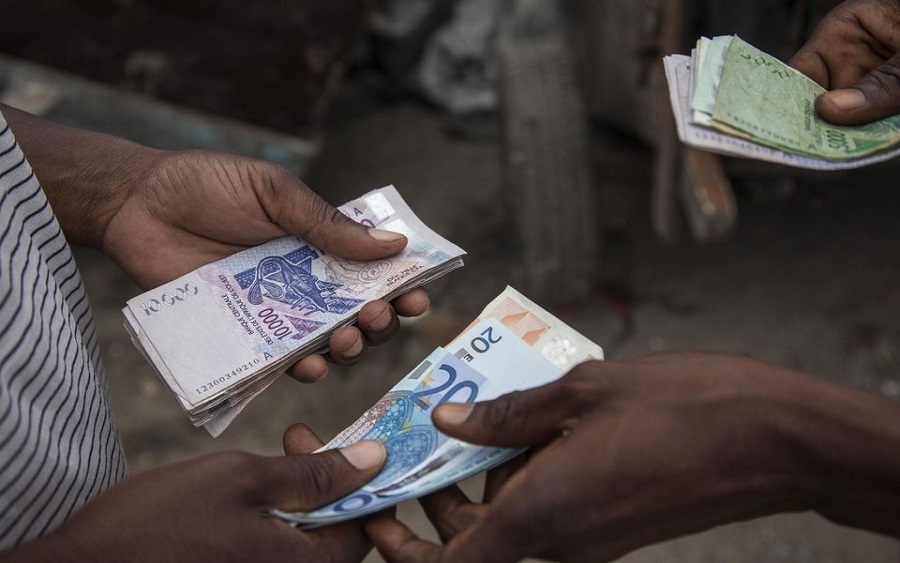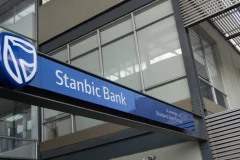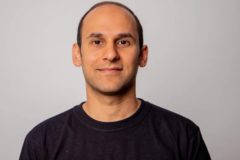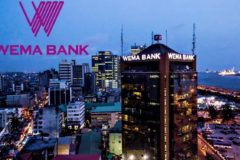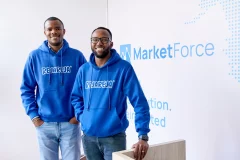
IN PARTNERSHIP WITH


Good morning ☀️ ️
“Spotify launched in Nigeria in February (2021), and by the end of April it had about 87,000 monthly active users, compared with Audiomack’s 1.2 million.” – Bloomberg
In today’s edition:
- S is for Starlink
- Uganda’s Whack-a-mole
- Thinking long-term
S is for Starlink

This weekend, Elon Musk, the founder of Space X was in the news. There was a lot of talk that his appearance on the TV show, Saturday Night Live would boost prices for $DOGE, a meme coin that has become wildly popular
While that is an event that only crypto heads in Africa are likely to have followed, Elon Musk has our attention for a different reason.
His company, SpaceX is moving forward with plans to launch Starlink, a low latency, broadband internet system to meet the needs of consumers across the globe. The simpler explanation is that they’re developing super fast internet using satellites.
Starlink wants to provide coverage to areas with poor coverage and with its interesting approach, it could be a market disruptor. News reports say that SpaceX has met Nigeria’s communications regulator and is already looking to acquire the necessary permits.
It’s an interesting move and Telcos in Nigeria will be wary. MTN and Airtel are betting on mobile data as the future of their revenue and they’re expanding their 4G coverage as a result. Starlink, which has speeds of up to 350Mbps could be a disruptor.
But it’s not all cut and dry. We’ve seen Google Loon, another innovative approach to providing internet fail in Africa and Starlink, which is unlikely to be a cheap option isn’t guaranteed to threaten telcos.
Instead, it may be competition to the existing broadband providers who are often unreliable.
There’s no better explanation of what Starlink could mean to Africa than this article.
Increase your online sales with a Paystack Storefront – a free, beautiful seller page that helps you bring creative ideas to life.
🏾 Learn more at paystack.com/storefront
Uganda’s whack-a-mole internet tax
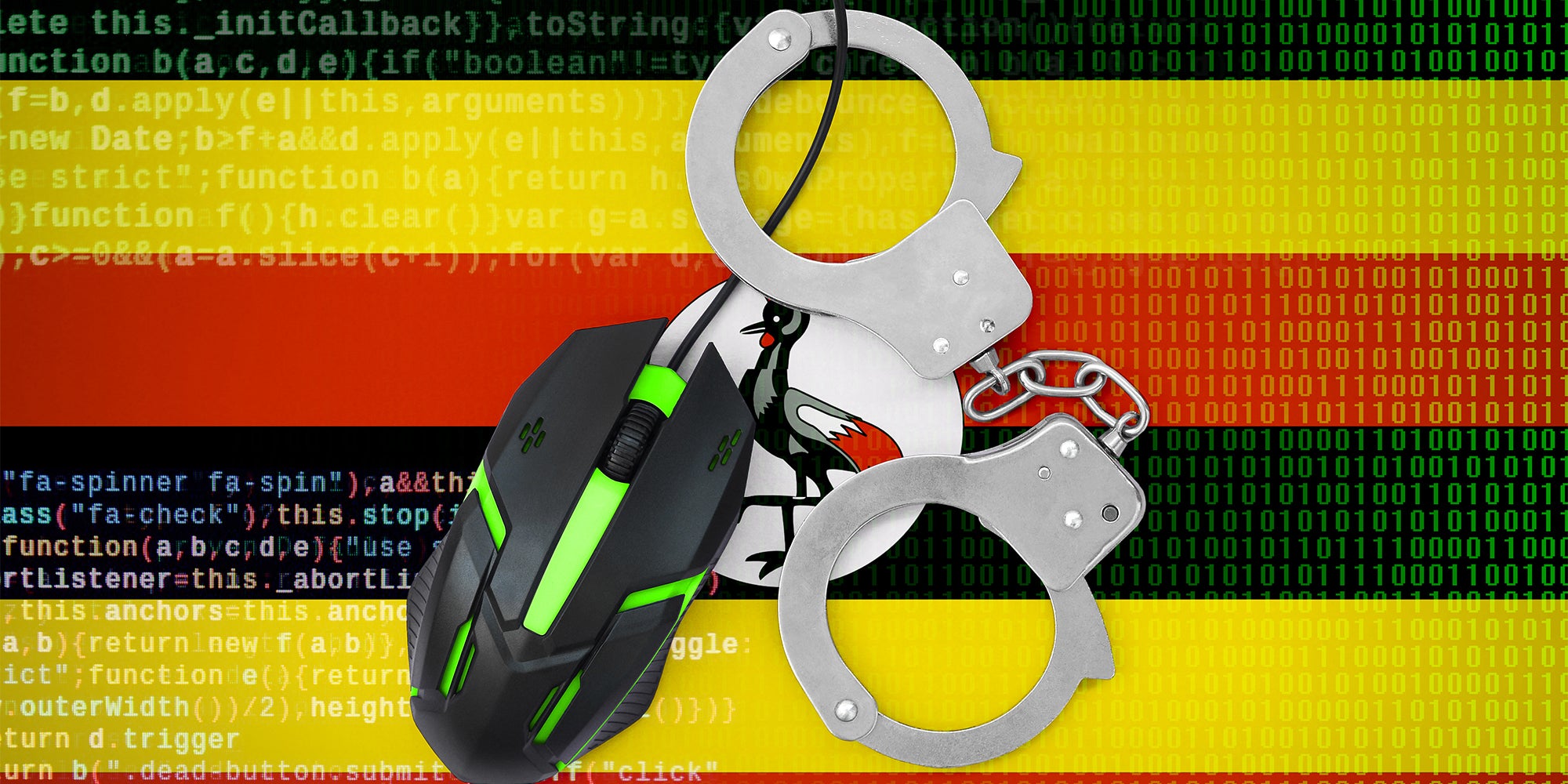
In 2018, Uganda introduced a daily tax on all social media apps. The tax, popularly called OTT required internet users to pay 200 Shilings everyday to use Twitter, Facebook and even email.
If it looks like a duck, swims like a duck… While the tax was obviously a type of censorship, the government insisted it only wanted to use it to raise revenue. That goal failed, because people were getting around the tax with interesting hacks.
With Virtual Private Networks (VPN) and public networks, more than half of Uganda’s internet users were avoiding the tax. Despite these hacks, more than 5 million people were forced offline.
In a nutshell, the OTT was so ineffective at generating revenue that the government threw its hands up and admitted it was a failure. But it didn’t stop there because the Ugandan government has a new bright idea.
It is now proposing a tax on all internet bundles except those used for health and educational purposes. The new proposal is before the parliament and if it passes, the 12% tax will begin on July 1.
Read all about it here
There’s a saying – “You can’t have everything you want in life”. But what if I told you that you CAN have everything you want in a mobile banking app?
With the Branch app, you get loans up to ₦500,000 within seconds. Transfers? That’s free and unlimited. You can also get a 20% ROI per annum on your investment. You don’t have the app? Get it here!
Thinking long-term
What determines whether an energy provider launches their service in region A or region B? How do they measure the attractiveness of a market?
There are two factors that determine this. One is the amount of policy and financing support available. For instance, West African countries provide the most financing support for solar home system providers in Sub-Saharan Africa. East Africa comes at a close second.
The other factor is how much economic value they’re getting from whatever region they’re present in. However, there needs to be an alignment between what economic value means for the provider and what it means for the consumer.
Energy providers may sometimes avoid certain countries because they’ve evaluated the demand and it isn’t viable enough for them. However, low demand does not come from not needing energy, but not being able to afford energy.
Africa has one of the most subsidized rates for electricity in the world, still not everyone can afford it, even if they’re connected. So, it would be harder for them to afford off-grid solutions.
Sub-Saharan countries also have some really high unemployment rates, and this means that many people don’t make an income. This ultimately affects their purchasing power.
On the surface, the solution to this would be one that links consumers to credit facilities, or financing models, which is what the pay-as-you-go (PAYG) solar model tries to achieve. But herein lies another problem. Sometimes, these credit provisions don’t provide enough value for the consumer to pay back. This can be due to payment schedules that are not flexible, or well understood.
Also, the harder it is for the providers to reach users, especially those in rural areas with poor road networks, the harder it is for them to make the most of the energy they’re being supplied.
Therefore, the best answer is not just one that links consumers to credit providers, but a solution that looks holistically at the problem, starting at the root.
A lasting solution would provide users with economic value through energy solutions. This means that users are able to carry out their business more effectively and live better. This includes everything from communication, to transport to education and the likes.
This value then eventually trickles to the rest of the economy. Eventually, what this does is trigger a positive chain reaction that increases demand, facilitates supply, drives satisfaction and at the end of the day is a win-win solution for the provider, user and the economy.
Note: The Future of Energy in Sub-Saharan Africa report was produced by TechCabal and Stears Data. You can view an extract here. To purchase the full report, click here.
job opportunities

- Sprimed Solutions – Freelance Intern
- Venture for Africa – Investment Associate
- Venture for Africa – Product Manager
- Reliance Health – Product Designer and Frontend Engineer
Check out other opportunities on our Job Opportunities page















